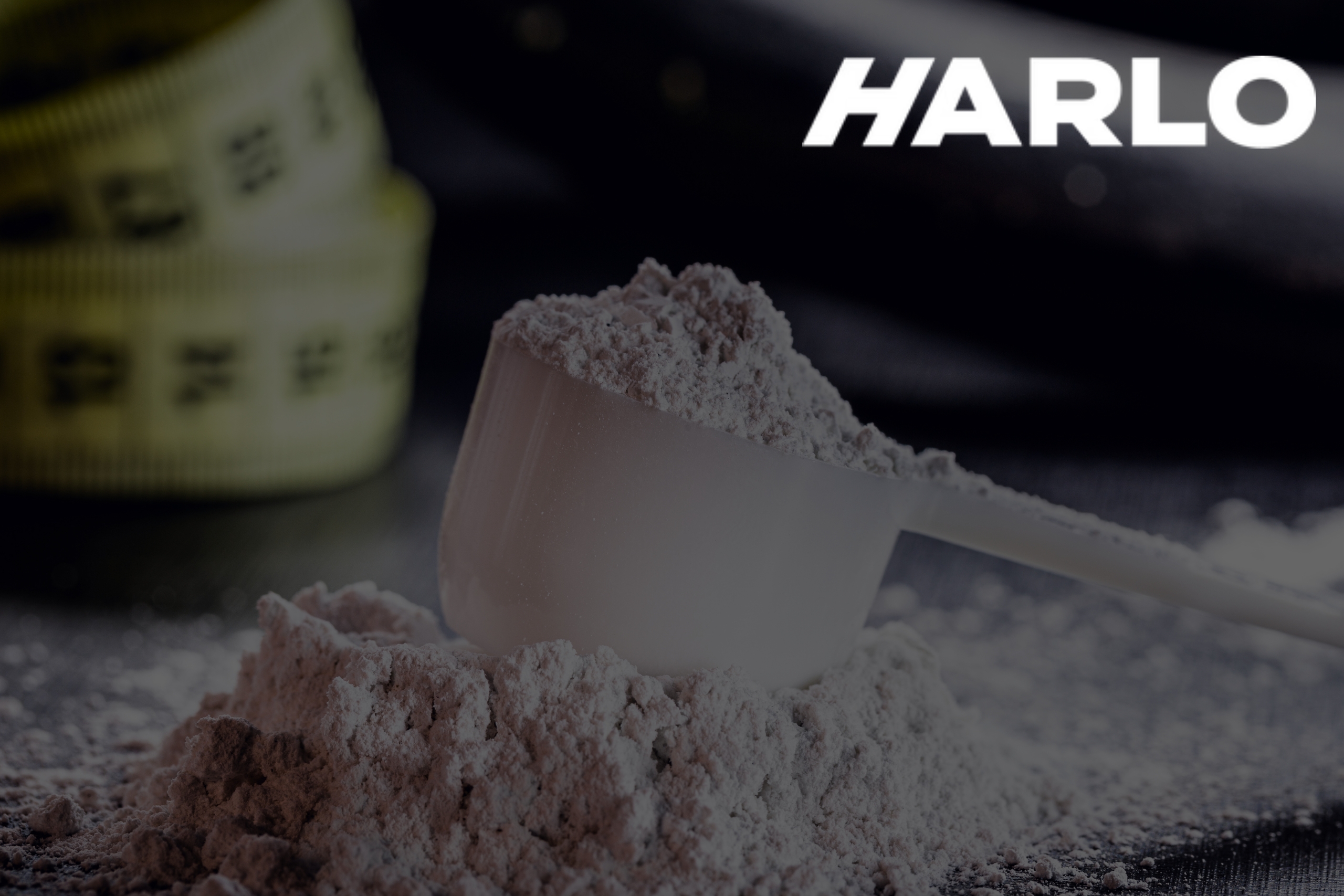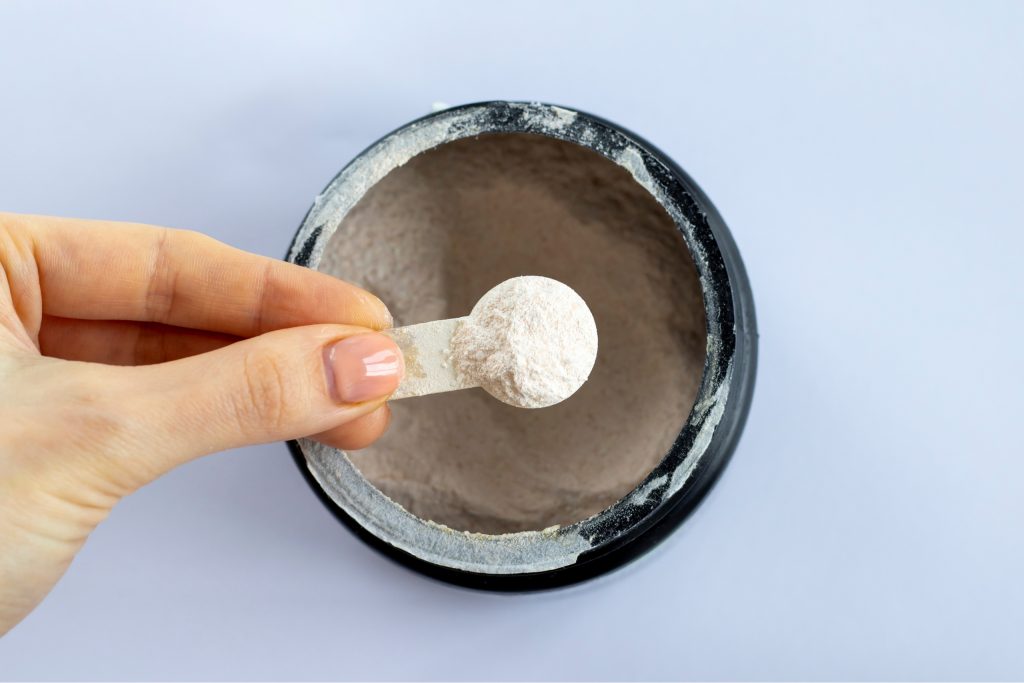
Top 10 Foods High In Electrolytes For Hydration
Electrolytes are very important to our bodies because they keep us hydrated and make sure our muscles work right. They are mineral salts that are electrically charged and dissolve in our blood, sweat, and pee. Minerals like sodium, potassium, calcium, magnesium, chlorine, and phosphate are some of these.
Keeping the right mix of electrolytes is important for our health and well-being as a whole. Electrolytes send electrical signals through our bodies, which makes sure that our nerves, muscles, and cells work properly. They also keep the balance of fluids, which is important for staying properly hydrated.
One of the main reasons electrolytes are important for staying hydrated is that they help our bodies hold on to water. The sodium-potassium pump in our cells helps control how much water we take in and how much we hold on to. In order to avoid dehydration, our cells must have adequate amounts of electrolytes to receive water properly.
Also, electrolytes are necessary for muscles to work. For muscle movements, potassium and calcium are very important. These minerals help muscles tighten and relax, which means we can do many things, like exercise, without getting cramps or twitches.
Top 10 Foods for Hydration: High in Electrolytes
Drinking enough water is important for good health, and electrolytes are a big part of keeping our bodies moist. Electrolytes are chemicals that have an electric charge and are needed for many things in the body, like keeping nerve signals and muscle movements in check. There are many sports drinks that are high in electrolytes, but there are also many natural foods that can help you get these minerals back.
1. Coconut Water
Coconut water is a natural source of electrolytes that is both healthy and refreshing. It’s full of healthy minerals like potassium, magnesium, and sodium, and it’s good for you in many ways.
Potassium, which is found in large amounts in coconut water, is very important for keeping your heart, kidneys, and muscles working well. It also helps keep the body’s fluid levels in check, which makes it a great choice for people who work out a lot or sweat a lot.
Magnesium is another important mineral that is found in large amounts in coconut water. It is needed for many biological processes. In addition to helping bones stay healthy, it also helps muscles work right and keeps blood pressure in check. On top of that, magnesium helps the body use energy and keep its defense system fit.
Sodium is necessary to keep fluid levels healthy and to help nerves and muscles work properly. Coconut water naturally hydrates you and gives your body the electrolytes it needs to replace the fluids you lose when you sweat.
Coconut water is naturally low in calories, fat, and cholesterol, and it also has a lot of electrolytes. It also has a lot of fiber, which helps your body digest food and keeps your gut healthy. There are also a lot of antioxidants in coconut water. Antioxidants help fight oxidative stress and keep the body safe from free radical damage.
Coconut water is a tasty and natural way to restore electrolytes and feed the body. It can be used as a healing drink after a workout, a way to stay hydrated on a hot day, or as an alternative to sugary drinks.
2. Leafy Greens
Leafy greens are good for you in many ways, so they should be a big part of a healthy diet. They are low in calories and high in fiber, and they also have a lot of vitamins and minerals that your body needs. K+ and calcium are two of these minerals that stand out.
Spinach, kale, and Swiss chard are all great foods that are high in calcium and potassium. Potassium is very important for keeping your heart and muscles working well and for keeping your blood pressure in check. Calcium, on the other hand, is needed to keep nerves and muscles working normally and to build strong bones and teeth.
Spinach is a great source of both potassium and calcium, and is often called a “superfood.” About 839 milligrams of potassium are found in a cup of cooked spinach, which is almost 18% of the daily suggested dose (RDI). It also has about 245 milligrams of calcium, which is about 24% of the RDI.
Another leafy green wonder, kale, is a great source of potassium. It also has a lot of calcium, which makes it a great addition to a diet high in calcium. Swiss chard is a great source of both potassium and calcium. It is also full of nutrients, such as vitamins A, C, and K.
Simple way to get more potassium and calcium in your diet is to eat more leafy greens like spinach, kale, and Swiss chard. These healthy veggies can help your general health and well-being whether you eat them in soups, salads, or stir-fries.
3. Bananas
The flexible and always-popular tropical fruit banana is not only tasty but also very good for you. They have a lot of potassium, which is an important mineral for keeping your body’s fluid balance and helping your muscles work right.
Potassium is very important for keeping the right amount of liquids in our bodies. It helps keep the amount of water in our cells at the right level, which in turn keeps our bodies working well. Having enough potassium in your body helps keep your blood pressure in a healthy range, which can help prevent conditions like hypertension.
Also, potassium is very important for keeping muscles working. It helps control muscle twitches, which keeps moves smooth and stops cramps and jerks. Because of this, bananas are a great choice for athletes and people who do a lot of physical activity because they provide the nutrients muscles need to work well.
Besides being a natural source of potassium, bananas are good for you in other ways as well. They have a lot of fiber, which is good for your gut health and keeps you from getting constipated. They also have important minerals and vitamins in them, like calcium, vitamin B6, and vitamin C.
Not only are bananas good for you, they are also very handy. With their peel still on, they make a great snack to take with you. They’re good on their own or added to soups, pancakes, or baked goods, among other things.
4. Avocados
Did you know that avocados are a good source of potassium and magnesium? They are known for having a creamy texture and a great taste. These two minerals are very important for our health and well-being.
Potassium is an important mineral for keeping blood pressure in check. It helps the blood vessels rest, which makes the heart and blood vessels less stressed. Avocados have even more potassium than bananas, making them a great natural source of this vitamin. Eating avocados can help you keep your blood pressure in a healthy range and lower your risk of getting high blood pressure and heart disease.
Avocados also have magnesium, which is an important mineral. It is involved in more than 300 biological processes in the body, such as keeping blood pressure in check. Magnesium helps blood vessels rest and widen, which improves blood flow and lowers the risk of high blood pressure. Getting enough magnesium has been linked to lower blood pressure and a lower chance of getting heart disease.
Along with potassium and magnesium, bananas have a lot of polyunsaturated fats that are good for your heart. It has been shown that these fats can help lower bad cholesterol and lower the risk of getting heart disease. Also, avocados have a lot of fiber, which is good for your gut system and can help you keep your weight in check.
Add avocados to your diet in a number of different ways to get the most health benefits. Avocado pieces can be put on toast, added to salads, or blended into a drink for a creamy treat. Because they taste great and are good for you in many ways, avocados are a great addition to any diet.
5. Watermelon
People love watermelon in the summer because it tastes great and is refreshing. It’s also good for you in many ways. Its meat is juicy and sweet, and it’s low in calories and high in water, so it’s a great way to quench your thirst and stay hydrated on a hot day.
One great thing about watermelon is that it has a lot of potassium and calcium in it. Potassium is an important chemical that helps keep blood pressure in check and the heart working properly. And magnesium, on the other hand, is very important for keeping bones strong and immune systems healthy.
One more benefit of eating watermelon is that it can replace electrolytes that you lose when you sweat. Being active or being outside in hot weather makes us sweat so that our bodies can keep their temperature stable. Because of this, electrolytes like magnesium and potassium are lost. Because it has a lot of these nutrients, watermelon replaces electrolytes naturally and helps the body get back to a healthy balance.
Watermelon also has a lot of vitamins A and C, which are strong antioxidants that keep our bodies safe from free radicals that can do damage. These antioxidants protect our skin from harm caused by reactive stress and make our immune systems stronger.
6. Oranges
Oranges are a tasty and healthy fruit that are loved for both their refreshing taste and their many health benefits. Because they are full of important nutrients, these citrus foods are a great addition to a healthy diet.
Poison is one of the most important nutrients in oranges. This element is very important for keeping muscles working right and keeping the right amount of fluid in our bodies. It is very important for keeping our cells healthy and making sure that our heart, kidneys, and other systems work properly. Regularly eating oranges is a good way to raise your potassium levels and make sure your smooth muscles contract.
In addition to potassium, oranges have a lot of calcium, which is another element our bodies need. A lot of people know that calcium helps keep bones and teeth healthy. It makes our bones stronger and protects them, which lowers our risk of breaking them or getting osteoporosis. It is especially important to get enough calcium when you are a child or teen, when bone growth and development are at their most rapid. By eating oranges, you can get more calcium, which is good for your bones.
Oranges are also very good for you because they are mostly water. Staying properly hydrated is important for your health and well-being as a whole. When we are dehydrated, our bodies can’t work as well or as well as they should. Oranges are a juicy and cool snack that can help you quench your thirst and replace electrolytes, which is good for staying hydrated.
7. Greek Yogurt
Greek yogurt is a tasty and healthy choice that is full of important nutrients, making it a great addition to any diet. One great thing about Greek yogurt is that it has a lot of calcium and magnesium in it. These nutrients are very important for keeping bones and teeth strong, and they also help muscles work properly.
Greek yogurt is famous for having a lot of protein, which helps muscles heal after working out hard. Greek yogurt gives your body the amino acids it needs to fix and rebuild muscle tissue after a workout. In addition, the protein in Greek yogurt makes you feel fuller for longer, which makes it a great snack for people who are trying to control their weight.
In addition, Greek yogurt is a great way to stay hydrated. It helps the body replace lost fluids because it is thick and smooth. This makes it a great choice for healing after a workout. Because Greek yogurt is mostly water, it also helps you stay hydrated, which is especially important in the summer.
Greek yogurt is very healthy and can be used in a lot of different ways. There are a lot of different ways to eat it, like straight or with honey, fresh fruit, or granola. It’s a tasty and fulfilling snack because it tastes sour and feels soft.
If you want to get the most out of Greek yogurt, it’s important to pick a good brand that doesn’t have any added sugars or tastes. You can make it taste the way you want while still staying healthy if you choose plain Greek yogurt and add your own natural sweeteners and toppings.
8. Sweet Potatoes
Not only are sweet potatoes tasty, they are also very good for you in many ways. You can get a lot of potassium and magnesium from these root veggies, which makes them very healthy to eat.
A chemical called potassium is very important for keeping the balance of electrolytes in your body. It helps keep fluid levels in check, stops muscles from contracting, and keeps nerves working properly. Eating foods like sweet potatoes that are high in potassium can help keep your body from becoming out of balance, which can cause muscle cramps and tiredness.
Not only do sweet potatoes have a lot of potassium, they also have a lot of magnesium. This mineral is important for a huge number of biological processes in the body, such as making energy, building proteins, and keeping bones and teeth healthy. Getting enough magnesium can also help keep blood pressure in check and improve heart health.
On top of being good for you, sweet potatoes also help you stay hydrated. They are mostly water and provide the electrolytes your body needs to replace the fluids you lose when you sweat or work out. Staying wet is important for the body to work properly because water is involved in almost every process, from breaking down food to keeping the body at the right temperature.
It’s easy and flexible to add sweet potatoes to your diet. They’re great as a side dish or as the main item in many recipes, and you can bake, mash, or roast them. Sweet potatoes are a great choice whether you’re an athlete looking for a natural source of electrolytes or just want to improve your health in general.
9. Nuts and Seeds
Not only do nuts and seeds taste great, they are also full of good things for you, like calcium. Almonds, sunflower seeds, and chia seeds are great foods to add to your diet because they are high in magnesium.
Electrolytes, like magnesium, are very important to the body and help with many things, like making muscles tighten and rest. Muscles need the right amount of magnesium to work properly, which is why these magnesium-rich nuts and seeds are a great addition to your daily diet.
Especially almonds are a great way to get magnesium; one ounce of them has about 80 milligrams of this important mineral. Almonds are good for you in more ways than just being high in magnesium. They can help keep your heart healthy and help you lose weight.
When it comes to getting magnesium, sunflower seeds are another great choice. Each ounce of them has about 120 mg of magnesium. These tiny seeds are also full of fiber, healthy fats, and many vitamins and minerals, which makes them a tasty and healthy snack.
Chia seeds also have a lot of magnesium—about 95 milligrams are found in one ounce of them. You can get a lot of omega-3 fatty acids, fiber, and vitamins from these tiny seeds. Chia seeds can help your stomach, heart health, and general health if you eat them every day.
Eating these tasty nuts and seeds that are high in magnesium is an easy way to start getting more of it. While you can eat walnuts, sunflower seeds, and chia seeds on their own or in recipes, they are good for you in many ways and give your muscles the electrolytes they need to work at their best.
10. Seafood
Fish and seafood like salmon, tuna, and shrimp are not only tasty but also good for us. Not only are these three foods high in protein, but they are also full of minerals that your body needs, like magnesium and potassium.
One of the best things about fish is that it helps you stay hydrated. Potassium is an important electrolyte that helps keep the balance of fluids in the body. It helps keep blood pressure in check and keeps you properly hydrated, especially when you’re doing a lot of physical activity. Adding fish to your diet can be especially good for sports and people who live a busy life.
In addition to keeping you hydrated, fish helps your muscles work better. Magnesium is important for both contracting and relaxing muscles. Salmon, tuna, and shrimp all have a lot of it. It is very important for controlling how muscles work and can help keep them from cramping and spasming. Adding fish to your diet can be especially helpful for sports, gym-goers, and people who work out regularly.
Besides that, fish is good for you in many other ways. It has a lot of omega-3 fatty acids, which are good for you because they reduce inflammation and may be good for your heart. Eating fish on a regular basis has been linked to a lower chance of heart disease and better brain health.
Choose high-quality fish that is caught in a way that doesn’t harm the environment if you want to get all of its health benefits. Salmon, tuna, and shrimp are all tasty and healthy foods that can help you stay hydrated, keep your muscles working well, and improve your general health.

Conclusion
Adding these foods to your diet can help you get the electrolytes your body needs to stay hydrated and your muscles to work properly. Also, remember to drink a lot of water throughout the day, especially when you’re working out or it’s hot outside. If you eat a range of these foods, you can keep your electrolytes in balance and improve your health as a whole.


